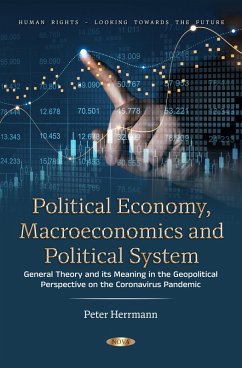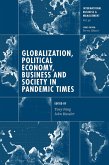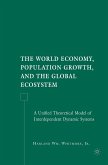The COVID-19 pandemic has significantly impacted both natural and juristic persons worldwide, resulting in the loss of lives and livelihoods. This unprecedented crisis has also brought attention to the importance of human rights and has changed how they are understood. The debate surrounding human rights has long been contentious, with varying perspectives on what constitutes a fundamental right and how best to protect it. However, the pandemic has highlighted the need to balance human rights with public health concerns. One of the most significant human rights issues highlighted by the pandemic is the right to health. The pandemic has exposed inequalities in healthcare systems worldwide, with some countries struggling to provide (adequate) medical care. As a result, there is a growing debate on ensuring everyone has access to healthcare, particularly during a pandemic. The right to work also emerged as another human rights issue during the pandemic. The lockdowns and business restrictions have resulted in job losses and financial difficulties for many individuals and families. This has sparked a debate on the role of governments in protecting the right to work and ensuring that individuals have a source of income during a crisis. This is especially crucial in developing countries with high unemployment and informal economic activities. The pandemic has also emphasized the importance of the right to information. Governments worldwide have had to communicate critical information on the virus to their citizens, raising questions about the role of the media and the right to access information. Social media platforms have also played a crucial role in disseminating information about the virus, raising essential questions about censorship and the need to balance freedom of expression with public health concerns. Furthermore, the pandemic has highlighted the digital divide that exists in many countries, particularly in the global south. This has impacted the ability of those in underserved communities to receive reliable pandemic-related information in a timely manner. It is crucial to note the need to bridge the gap between human rights and the economy. Establishing a cohesive relationship between human rights and the economy is essential to creating a fair and just society. By harmonizing legal and economic structures with human rights, we can generate more opportunities for success while ensuring greater resilience and the ability to cope with future pandemics. Recognizing the significance of this matter and striving towards solutions is crucial to creating a sustainable, fair, and brighter future for all. In conclusion, the COVID-19 pandemic has exposed critical human rights issues that will continue to shape the debate on human rights. It has demonstrated the need to balance different rights and interests, including the right to health, work, and information, with public health concerns. It is essential to ensure that human rights are not disregarded in times of crisis and that governments take a rights-based approach to policymaking to protect everyone's rights.
Dieser Download kann aus rechtlichen Gründen nur mit Rechnungsadresse in A, B, BG, CY, CZ, D, DK, EW, E, FIN, F, GR, HR, H, IRL, I, LT, L, LR, M, NL, PL, P, R, S, SLO, SK ausgeliefert werden.









